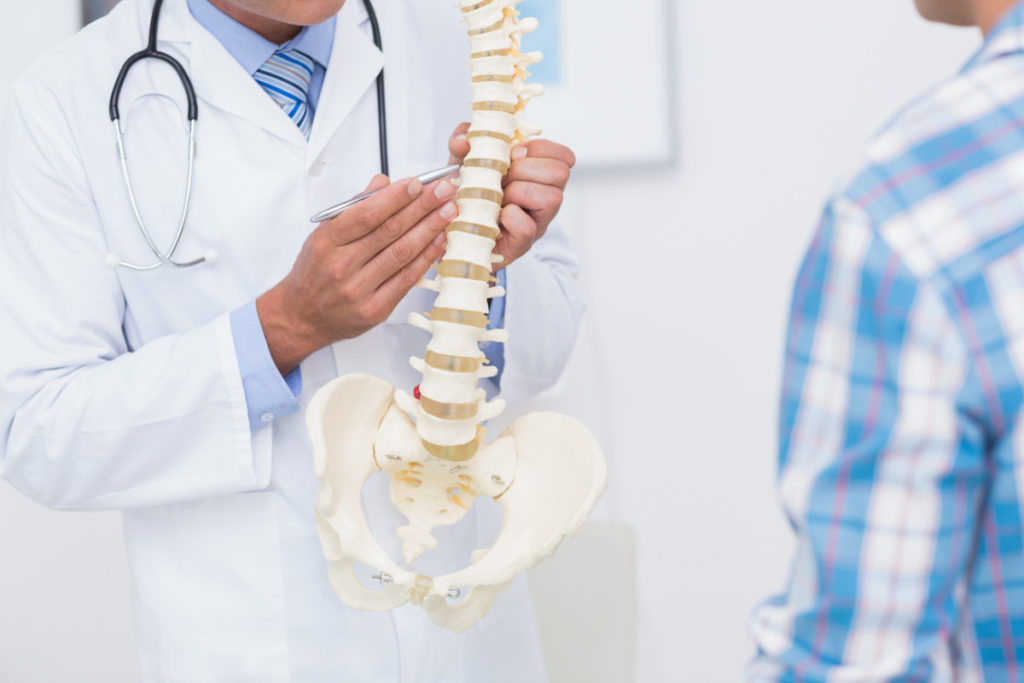The spinal column protects the spinal cord, which is composed of nerves that send signals throughout the body. Because the spine plays an integral role in so many of the body’s functions, damage to the spinal cord can cause a myriad of symptoms, and the effects of a spinal cord injury (SCI) can vary significantly from patient to patient.
The location of the SCI will determine its effects. As WebMD explains, there are five regions of the spine which comprise 33 total vertebrae. An injury to the cervical spine, which is the uppermost region, is typically more debilitating than damage to the sacral or lumbar region.
According to Mayo Clinic, motor-vehicle accidents are the leading cause of spinal cord injuries. They account for more than one-third of all new SCIs. The National Spinal Cord Injury Statistical Center estimates that there are 17,000 new spinal cord injuries annually, which means car wrecks cause more than 5,600 SCIs each year in the United States.
If you or a loved one sustained a spinal cord injury due to a negligent driver in Mississippi, contact Ballard Law, PLLC. William E. Ballard is a car wreck attorney in Jackson who will evaluate your case to determine if you have grounds for a personal injury claim. Call 769-572-5111 to schedule a free consultation.
Read on to learn about the five different levels of spinal cord injuries:
- High Cervical Spine
The high cervical spine includes the C1 to C4 vertebrae. Injuries to these vertebrae tend to cause the most severe complications. Most patients with quadriplegia were injured in the high cervical spine. In addition to paralysis, patients may lose control of their bowel or bladder, and they might require a ventilator to breathe.
- Low Cervical Spine
Damage to the low cervical spine often causes paralysis in the arms or hands. Fortunately, most patients with low cervical spine injuries can still speak and breathe on their own.
The severity of these injuries depends on which vertebra sustains damage. An injury to the C5 vertebra can paralyze the trunk, legs, hands, and wrists. Patients also may lose bowel or bladder control. Injuries to the C7 vertebra cause similar effects but are typically milder.
- Thoracic Spine
Damage to the thoracic nerves can affect the back, abdomen, and chest. Most of these patients still have control of their hands and arms, but they may be paralyzed in the trunk and legs, resulting in paraplegia.
- Lumbar Spine
Damage to the lumbar spine can affect the hips and legs. Some of these patients can still walk with braces; others require a wheelchair.
- Sacral Spine
Damage to the sacral spine typically causes the loss of some function in the hips and legs. It can also affect bladder control. Fortunately, most of these patients are still able to walk.
If you suffered a spinal injury in a car accident, you may be entitled to compensation for medical bills, lost income, and non-economic damages. As your car wreck lawyer in Jackson, William E. Ballard will help you fight for the maximum settlement, and if your case goes to trial, he has the litigation experience to represent your interests in court. Call 769-572-5111 to schedule a free consultation.


